Last Updated on July 27, 2021

AITH INTERVIEWS:
SETH LANDAU & DAN NEWMAN

“Hmmm…JimmyO better give us a good write up…”
Tell us about the history [of BRYAN LOVES YOU] – where
it came about, how you got the idea, all that.
Seth Landau: Any movie that I make is going to be really
personal so that’s one reason why they will all be different. So BRYAN LOVES YOU
is really personal for me because it’s basically about a period in my life when
I was in junior high, high school-ish type ages growing up in Arizona. And I
always felt like kind of an outsider and outcast and really looked down upon
because I was physically different. I was short from New York. I talked funny. I
had an accent. I did not look or sound or really fit into the mold of suburban
Arizona.
The impetus was feeling like a complete outsider. And being
Jewish as well was a kind of factor. People looked at you very weird and you
were almost like suspect because you were of a different religion. So it was
kind of scary for me because I was a kid who didn’t fit in and very much like
the black sheep or an outsider in a lot of different ways. And I also had a lot
fears as a kid. So I think anyone with a lot of fears can make a pretty decent
horror movie because essentially you are trying to scare people. I can think of
a lot of things that I found very scary.
With a movie you get to exaggerate things a million times
over. So with BRYAN LOVES YOU, I took my feelings of being an outsider and
people trying to get you, I made it into reality. Whereas this is a nebulous
town somewhere in Arizona where it’s under control and you have a central
character that hopefully the audience identifies with, just being a kind of
average everyday guy who just does not fit in with the masses. Anyone who’s ever
felt like they don’t fit in, like they’re an outsider, maybe they just don’t get
what surroundings are about, I would think would relate to this. And even on the
other side of that, and you’re in the majority, you probably know someone who
would relate to this, just feeling very uneasy, very outsider-ish. That was the
genesis of the story, just me having those feelings and just creating a
narrative about it.
How long did it take you to write the script?
SL: I write scripts really quick. I cranked it out in
about 5-6 weeks. Typical for me it takes 1 to 2 months to write a feature
script. Just because my process is I’ll outline for weeks before I even write.
So I’ll take extensive notes then I’ll just go over the story and look at the
first, second, and third act. And once I have my notes, which is generally a
legal pad full of stuff. You go over your main characters your side characters,
what are the action points, and what has to happen to move the story along.
After I have my notes ready then I open Final Draft and write the script and
then it takes me 4 to 6 weeks basically. And Bryan was like 5 or 6 weeks, or
something like that.
Were you a fan of horror movies before?
SL: Yeah… well, no. They always scared the shit out of me.
Not only like EXORCIST and POLTERGEIST type movies, when I was a kid growing up.
But I also found fantasy movies scary, like, which is the ALICE IN WONDERLAND TV
movie with the Jabberwocky? You remember that?
I do, yeah, vaguely.
SL: Look it up on IMDB, that is one of the scariest movies
I’ve ever scene in my life. That was a huge influence on Bryan because in this
particular installment – it actually had a lot of guest stars from the comedy
world which you would think would lighten it up. Like, Sammy Davis Jr. is in
it, a lot of the old vaudeville actors as well. So movies like that scared the
shit out of me because Alice is in this weird world where everybody wants to
hurt her and that was a very big influence on Bryan. Because I related to being
in that environment where it seemed like a lot of people weren’t really
supporting you so I tried to create a world similar to Wonderland where the
central character is lost and in imminent danger and you never know who’s friend
or foe. Very much the same thing in BRYAN LOVES YOU, people who appear
friendly, maybe aren’t. It’s more like in real life because a lot of times
people will act nice when they really have an ulterior motive. So even movies
like that I found scary, I found ET scary. I was scared as hell; I mean ET
scared the shit out of me. Because, even though it was a benevolent alien, it
was an alien who had that really eerie voice and…
Dan Newman: Of course, how old were you when you first saw
ET?
SL: Twenty-six. I’m kidding. I don’t know, I was born in
76… when did ET come out? Like 82?
81 or…
SL: So I was six, seven, eight, nine, I mean I was afraid
of a lot of fantasy movies as well, not just straight horror. But I remember
POLTERGEIST; I couldn’t stay in my own room for months, especially the clown
under the bed and the furniture moving. And then as an adult, to this day
horror movies have that affect on me. Like if I see a good horror movie I won’t
be able to sleep with the lights off for weeks; it happened when I saw THE BLAIR
WITCH PROJECT, when I lived in Houston, which is another influence on this. It
was one of the first movies where I thought it was okay to make a movie where
people thought it was real. And people will think – some people will watch this
and think its real; which is the idea. You know, that’s how were selling it and
a lot of it is real but then the line gets blurred, it should be a little bit
confusing. So after I saw that [BLAIR WITCH], in particular like the last image
of the kid standing against the wall, one of the last shots of the movie; that
image alone was burned in my memory and I couldn’t sleep with the lights off for
like eight weeks or so.
Wow…
SL: And 28 DAYS LATER, after I saw that I couldn’t fall asleep for a couple
months; I mean I slept, but it was hard to fall asleep without the lights on.
And then when I saw the original GRUDGE [JU-ON], forget it; I haven’t slept in
my room since seeing that. And that was eight months ago. I’ve been sleeping
on the couch ever since then.
Little kid is gonna come out and get you there?
SL: That is by far, the scariest movie I’ve ever seen in
my life. And there’s like almost no gore in it. But it is so scary.
What about you Dan? Are you a fan of horror?
DN: I’m a fan of any good movie. It doesn’t matter if
it’s a horror, drama or comedy. If it’s well done, if it’s a good story, if
it’s well directed and good performances and a good script, then I enjoy it. I
don’t go out of my way to watch horror movies. I don’t like being scared, so if
it’s particularly scary it will impact me for a period of time. Not a couple of
months, [Laughing] maybe a week. And I remember actually I saw POLTERGEIST in
the theatre when it first came out and the clown thing totally freaked me out,
the tree eating the kid totally freaked me out. I still have trouble to this
day having a TV on with just static on. [We all agree] It still freaks me out a
little bit. But, you know, if it’s good then I like it and if it’s just
gratuitous and it doesn’t have any substance to it then… if you can laugh at it
and enjoy it because it’s self aware that it’s that absurd, then it’s great.
Like SNAKES ON A PLANE, you know, this is a great movie,
it’s so much fun. It doesn’t take itself seriously. It knows that it’s an
over-the-top, balls to the wall campy, action thriller horror movie. And it’s
great. And I enjoy a movie like that, if it cognizant of what it actually is.
The thing that I’ve been finding most interesting about working on this movie
with Seth, and knowing that it’s largely based on his own experiences; every
time I watch a scene, I find myself wondering, ‘what of this actually happened
to him’ and I have to stop and ask, you know, on a regular basis. And I think
that as a viewer, just if I were watching it as a stranger, I’d probably come
out of it, and I’d just be sort of thinking of the whole thing. I’d think to
myself, ‘I wonder what of this actually happened.’ Because I know that a lot of
it is based on reality. So that’s sort of the fascinating thing working on this
is that sort of curiosity. But I have the advantage of going right to the
source and finding out the answers.
SL: And Dan is responsible for almost everything you hear
in the movie, which is about fifty percent of the movie. Dan’s a huge
influence.
DN: Well one of the things about the sound is were trying
to maintain the realism of it so since all of this was shot with video cameras
and a lot of camera mike’s and it just picked up the room the way that a video
camera would because most of what you see is supposed to be is a surveillance
camera or a handheld camera; we wanted it to sound that way. So it’s not
supposed to be clean and pure like a feature film normally would be. And the
subtlety that we’re trying to deal with is; you don’t want to score this like a
traditional horror movie because there really isn’t a motivation to have music.
This is recovered footage, it was put together so what were trying to do is make
the sound sort of become part of the world as opposed to being a score. And so
what you feel is supposed to be sort of motivated by the sur-reality, I don’t
know if that’s a word, of what’s actually happening in the environment. And
none of it is supposed to be composed.
SL: Yeah, everything in this movie is supposed to be real. Like everything is
very much like keeping it real, every shot, every sound you hear. Obviously we
cheated sometimes because there is a score. But the score is supposed to be so
natural that when your watching it, it’s kind of like propelling you to feel a
certain way that you are not necessarily thinking like, ‘oh, I can pick out like
strings there or like a drum’ you’re not really supposed to be able to think
that way.
DN: Hopefully people won’t be that aware about the fact
that they’re hearing sound, they’ll just sort of feel it as part of what they’re
experiencing.
SL: And that’s a big challenge, not only in the sound
editing but shooting it was in the same way. And recording it, the production
sound was really good and it’s hard to keep this recovered, government assembled
footage, yet do it professionally so a big distributor will pick it up and
release it to a mass audience. Like the people involved like Dan, and our DP
Jayson [Crothers] and our recordist Rick [MacDonald], like everybody… you have
to be really good to make something this real. It’s supposed to appear
amateurish but it actually takes real professionals to create it and also have
it be professional at the same time. Kind of hard to explain but from what you
saw, you get the sense. I mean all those cameras are hidden, even though they
are strategically placed. So it’s always like towing that line, like every
single day that we work there is always making sure what were doing is within
the tone of the movie and not going outside the boundaries.
You do frame a lot of these shots really well…
SL: That would be Jayson Crothers.
Wow.
SL: That’s our DP.
He did a phenomenal job.
SL: He’s quite good.
You do get the sense that these are hidden cameras but
he frames these shots in such a way that really bring you in.
SL: Yeah, that’s what I was saying… I was lucky enough to
have, to me, some of the best people in town. Dan doing sound, Jason doing
camera and me…

JimmyO and Seth Landau!
How did you two end up working together on this?
SL: We met through a really good friend of mine, who’s
also a friend of Dan’s and Dan did the sound editing on TAKE OUT, the first
movie I made that we’re now selling. So we worked together before and we met…
DN: We met through a short film that actually one of the
actors in this starred in and did he co-produced it?
SL: Yeah, our mutual friend Daniel Schweiger made a short
movie, he was like a producer.
DN: And I did the ADR, the dialogue work. And I went from
doing dialogue work on that, and actually Seth and I didn’t even meet during the
making of it. We were in the same place at the same time and didn’t realize it
until TAKE OUT was done and I think it was actually Greg who called me and said,
‘Hey listen Danny, could you do the sound for this movie that I’m cutting’ and I
didn’t even know at the time that it had come through.
SL: I remember when I called you, I’m like, ‘he’s never
gonna do it’ cuz Dan’s like a really good sound guy and I didn’t have any real
budgets, I mean one day soon I will but these days I don’t. I was thinking, I
remember I got like your voicemail the first time I called you, I’m like,
‘there’s no way’ cuz you were like, ‘ this is the mobile office of’, I was like,
‘Oh God, he’s got a mobile office’ [Laughing] Like everybody on the show are
all like way better than I deserve. They all make good money but for some
reason for me they slum it.
DN: For now. Seth is an extremely persuasive filmmaker,
very aggressive. I don’t think I’ve ever worked with anyone who is as certain
of his projects and of his work and of his ability to bring all the pieces
together and getting the best talent together and making it all work. He’s
just… he’s like a bulldog. I’d put him up against any producer that I’ve ever
worked with and he would just take ‘em out.
SL: Seth refuses to lose.
DN: Yeah.
SL: Like, this is the only thing I wanna do. There’s no back-up plan.
DN: So it’s sort of hard to… it’s very difficult to say
‘no’ to him. [Laughing] So I started TAKE OUT because it came at a time when I
sort of had the time and he was so convincing in his pitch to me that I just
believed that he had the next FLETCH or OFFICE SPACE or whatever it was that was
on his hands so I said okay fine, I’ll do it. And then we became good friends
and you know, once someone is my friend I can’t say no to them either.
SL: Yeah. I’m the same way, I mean; I would totally do
the same thing for my friends.
DN: Yeah, so with half the projects I work on are with
directors who are good friends of mine and therefore I cannot say no to them.
And the other half, are people that come to me with nice, healthy budgets so I
sort of get the balance of both.
Well, there’s something satisfying, I’m sure when you do a film like this and
you’re working with all these people. You’ve got some huge names here, at least
in the genre, you’ve got Tony Todd, you’ve got George Wendt who was in KING OF
THE ANTS, and he’s kind of getting out there in this genre.
SL: And he did the [John] Landis directed MASTERS OF
HORROR, was it Landis?
Yeah, I think it was. How did you get this cast? Did
you know them? Like he said, did you just hound them or…?
SL: Well blackmail is a really powerful tool.
Absolutely.
SL: No, I’m kidding. [Laughing] Well everybody was a
different story. When your doing like an Indie film you basically have to have
a really good script, that’s the first thing because they are not going to be
making what they normally are. So the script has to be really good. And my
background, I was a newspaper reporter for years before I even moved here so I
had experience writing. And that was essentially my screenwriting school. So I
was kind of an experienced writer and I knew how to get rid of shit that
shouldn’t be in the story because when you’re writing for paper your editors
will do it for you. So I had a pretty decent background in screenwriting so my
scripts tend to be pretty tight. And people when they tend to read them they go
through them in one sitting.
And that helps, when people are drawn into the story and
the like the script, that’s a start. And then you have to have good word of
mouth, you have to be a respectable person who makes shows that are safe that
people enjoy being on. And like that’s my thing, every show that I do, like I
would be disappointed if people went away from it saying they didn’t like it or
it wasn’t fun, or like ‘It’s fine.’ Even that would be disappointing. Like
every single movie that I make I want people to come away from it saying it was
the most fun they ever had on a movie. And often times they do.
Cuz I really
want… it’s the only thing I wanna do in my life. I’m sacrificing everything so,
to me it better be fun. And if somebody’s not having fun then I’m doing
something wrong. You kind of have to have that attitude where people want to
work with you because in lieu of money, there better be something, you know,
facets of the production that are attractive. So it’s a combination of like a
good script and good word of mouth and just being reputable and just like making
quality stuff. So George for instance I met through Stuart Gordon who I met
through my friend Dan Schweiger who is the same person who introduced Dan Newman
and I. So that is how George came about, George was actually considering TAKE
OUT but he couldn’t do it because he was too busy doing a theatre show run.
And when BRYAN came around I re-approached him and this
time he had time and he said yeah. Tony Todd… a friend of mine had a connection
through Tony and I got Tony the script and then as far as how do you get people
to work for well below what they normally make you just have to offer them a
good project. You know they’re taking X amount of pay cut so the project better
go somewhere and it better be worth their time because they could be making a
lot more money with almost anybody else. Tiffany Shepis was a weird story; I
had worked with her on TED BUNDY. She was in TED BUNDY, I was in TED BUNDY. I
never met her on set but I saw her on set so I knew of her. After all these
years from like 01 to like 06 or 05, when we were in pre-production on BRYAN,
you know, I knew of her. And then she happened to be in a movie my DP had done
like a year earlier and so she was kind of on my mind because I happened to see
her on my DP’s MySpace page.
Then I ran into her at a coffee shop in the valley and I
went up to her and I said, ‘hey, are you like Tiffany’ and she said, ‘yeah’ and
I said that we were in TED BUNDY together you know, and we just started talking
and she said what are you doing here and I said I’m meeting my DP for this movie
I’m shooting and then she knew the DP and then she made a joke, ‘oh, do you have
a part for Tiffany Shepis?’ and I said ‘would Tiffany Shepis work for scale?’
and she said maybe, let me see the script and that is how it came about. So
everybody was a story like that, it was some degree of connection and they of
course said I’m receptive but let me see your script and who’s on it, who’s the
DP, who’s editing it, are they people who have done stuff, and everybody is.
Dan to our editor Greg [Robbins] to our DP Jayson, they’re all good and they’re
all respected so that helps. Having a good team…
Having good materials and then they give you a shot and
it’s like, well f*ck it, I’ll take a few days off of my life and give you a shot
and if you’re good then I’ll probably be back again and if your bad, they’ll
probably never work with you again. And so I built on TAKE OUT, I had like, Dan
Roebuck was in TAKE OUT and now he’s in BRYAN again. So I hope to keep using
the same actors again over and over and keep building my repertory essentially.
And Dan was in THE DEVIL’S REJECTS in like a small part.
Who’d he play?
SL: He was Morris Green, the guy on the TV show.
Oh, yeah.
SL: If you saw the DVD extras you saw more…
Yeah, I own that movie and I’ve seen it many times, I
think its f*cking brilliant.
SL: Yeah. He’s been in a lot of stuff and he’s a big, big
horror fan. And he does a lot of like horror documentaries and conventions.
DN: I mostly enjoyed seeing him show up on LOST.
SL: Yeah.
DN: He’s really funny. He was really good in that.
SL: He’s an awesome actor. That’s the thing across the
board, like everybody is better than I deserve basically. So it’s pretty lucky
that everybody comes together like they do.
So what happens after this? You’ve made your film, your
working on post?
SL: Yeah.
How are you trying to sell this thing?
SL: We already have quite a few people that have already
approached us whether it be sales agents or distributors themselves and I’ve
been in town for several years and people that I’ve met through TAKE OUT and
before, like the relationships that I’ve cultivated I go to, you know, people I
trust the most first and I say, here’s the final product… GO.
You know, what do they think about it, where could they
sell it and basically whoever has the most zeal for the project will get it.
Whoever has the best name and is most enthusiastic about it, because like a
couple dozen have already said I’m interested in it, let me see it when it’s
done, which is fine. But there are a lot of people in this town who can’t get
stuff done so the people, the most reputable company, the most reputable sales
agent and or distributor, you know, whoever’s the best fit. I have a very
calculated plan as far as what happens as soon as we have our master, which will
be fairly soon and the intent is to get it out there by this upcoming Halloween

JimmyO kicking it with Dan Newman!
Let me know what you think. Send comments to
[email protected]


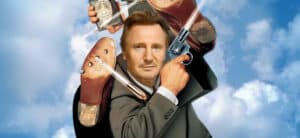


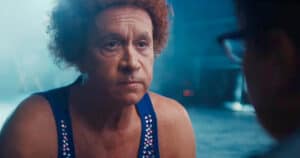
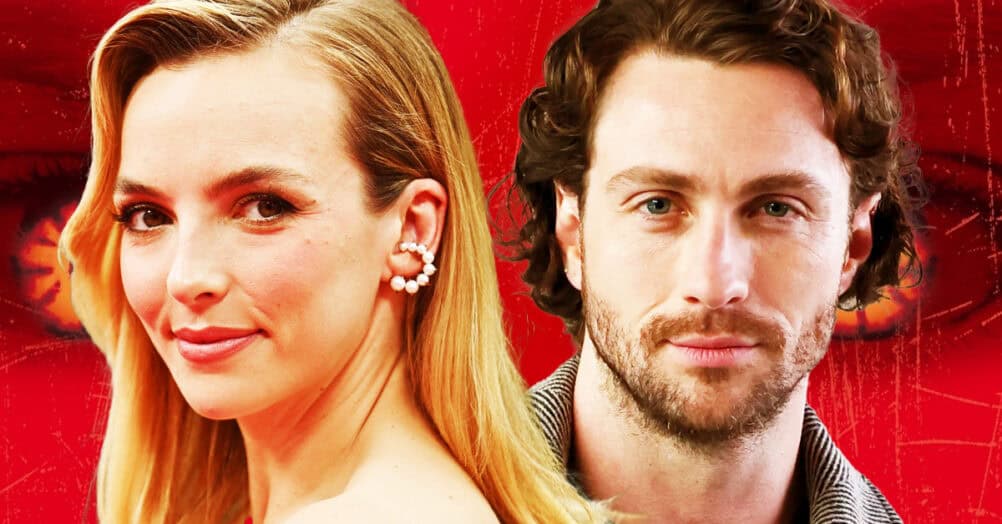
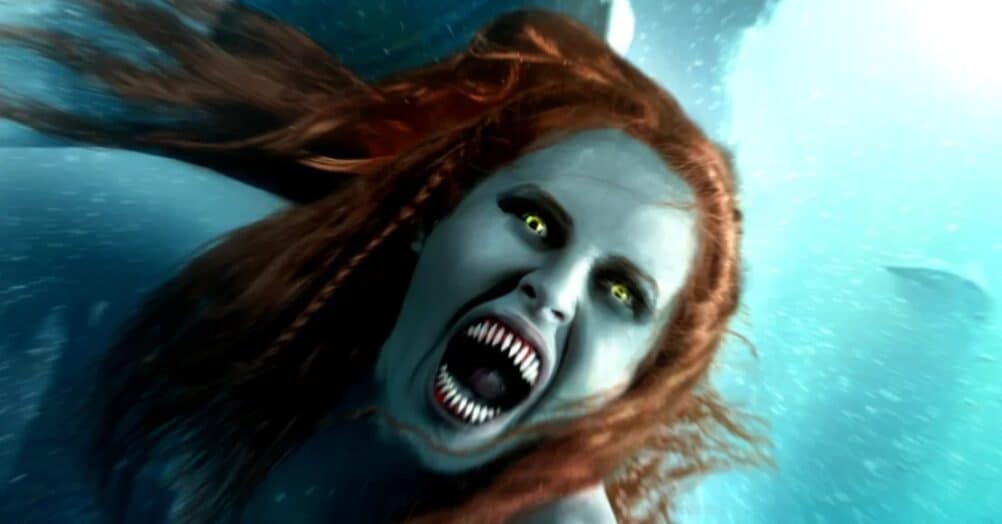
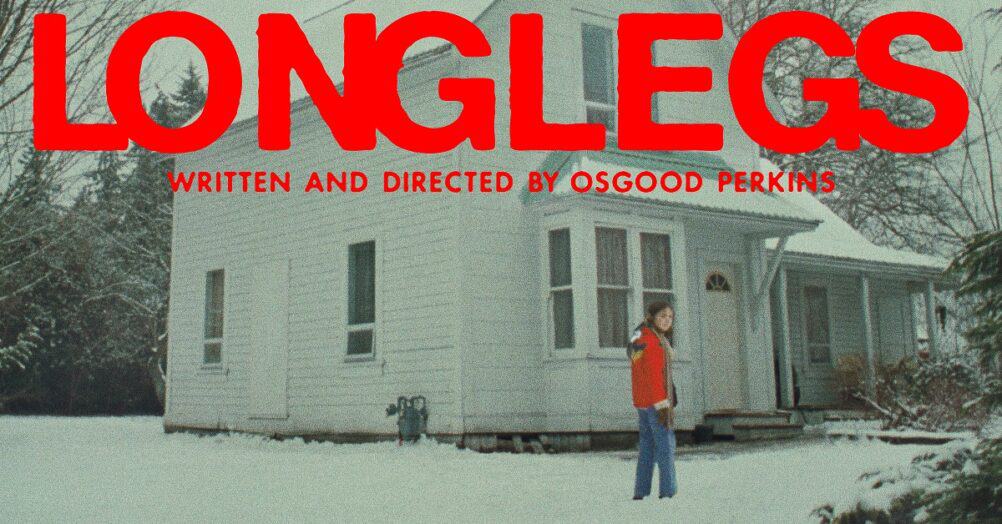
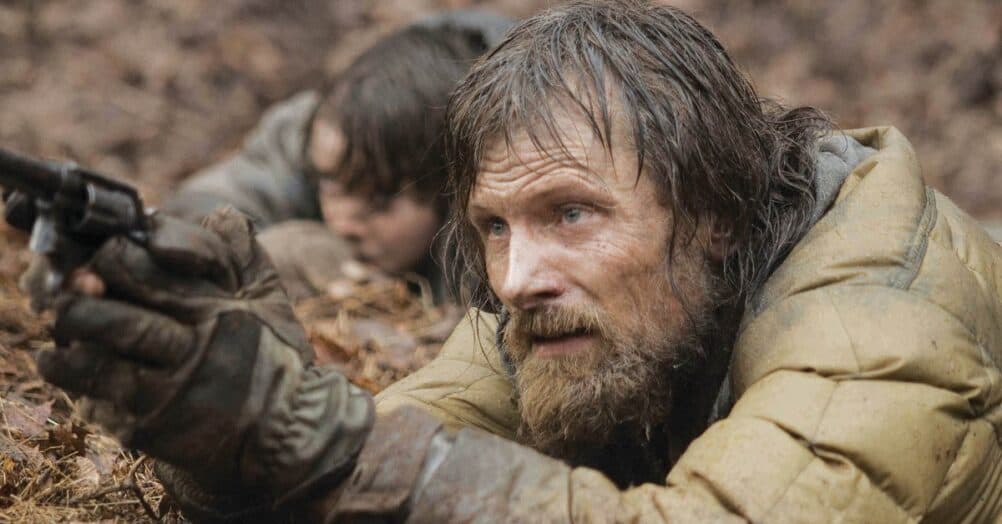
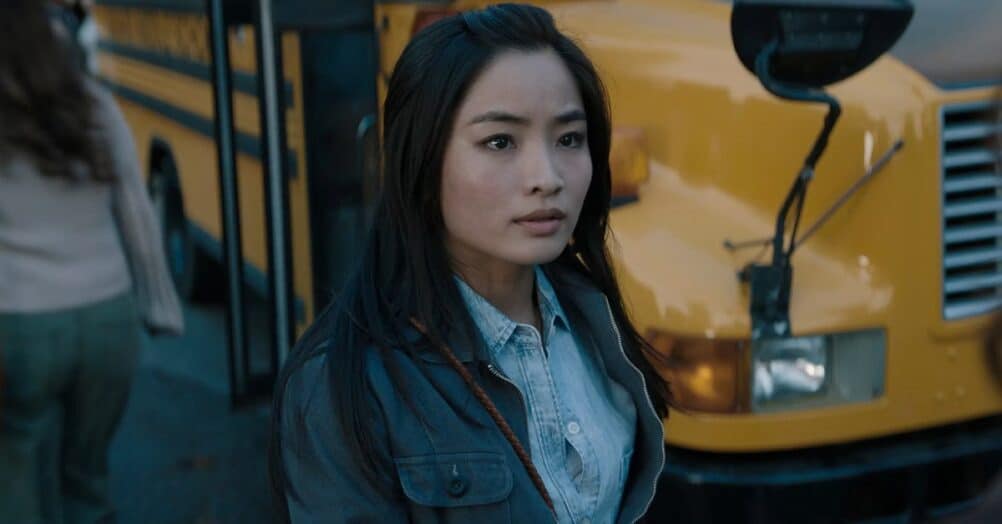
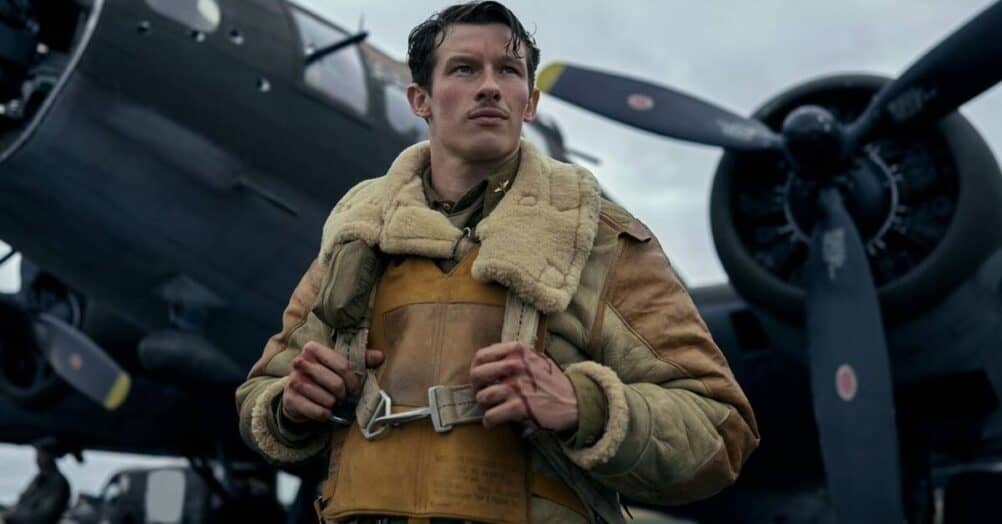
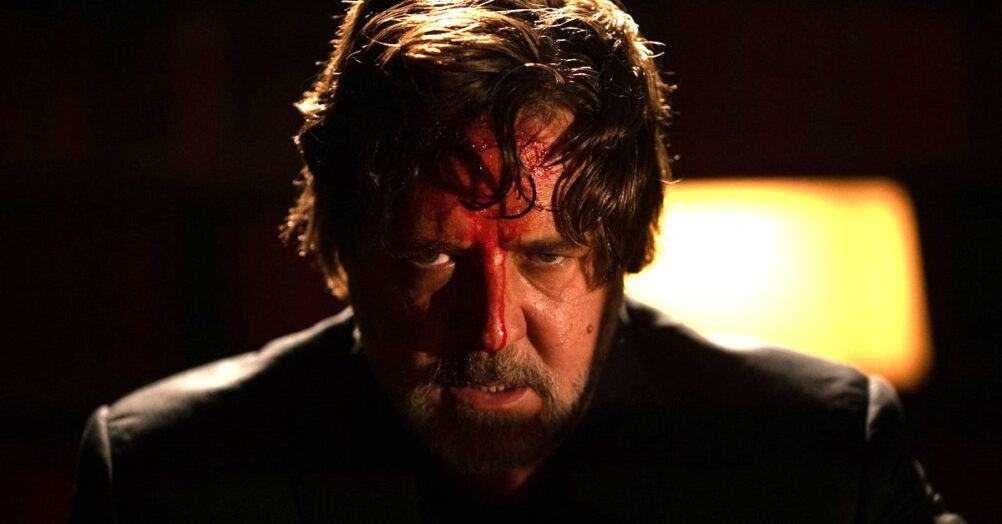
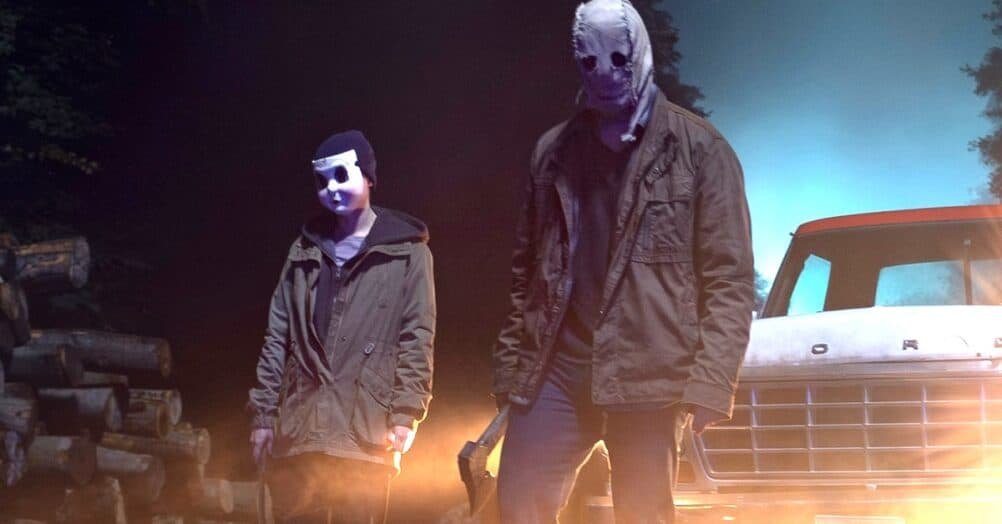

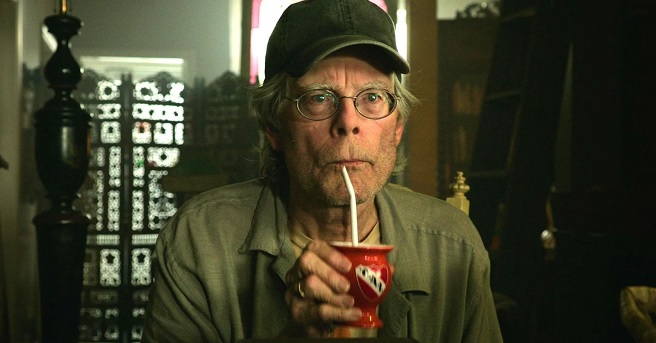
Follow the JOBLO MOVIE NETWORK
Follow us on YOUTUBE
Follow ARROW IN THE HEAD
Follow AITH on YOUTUBE